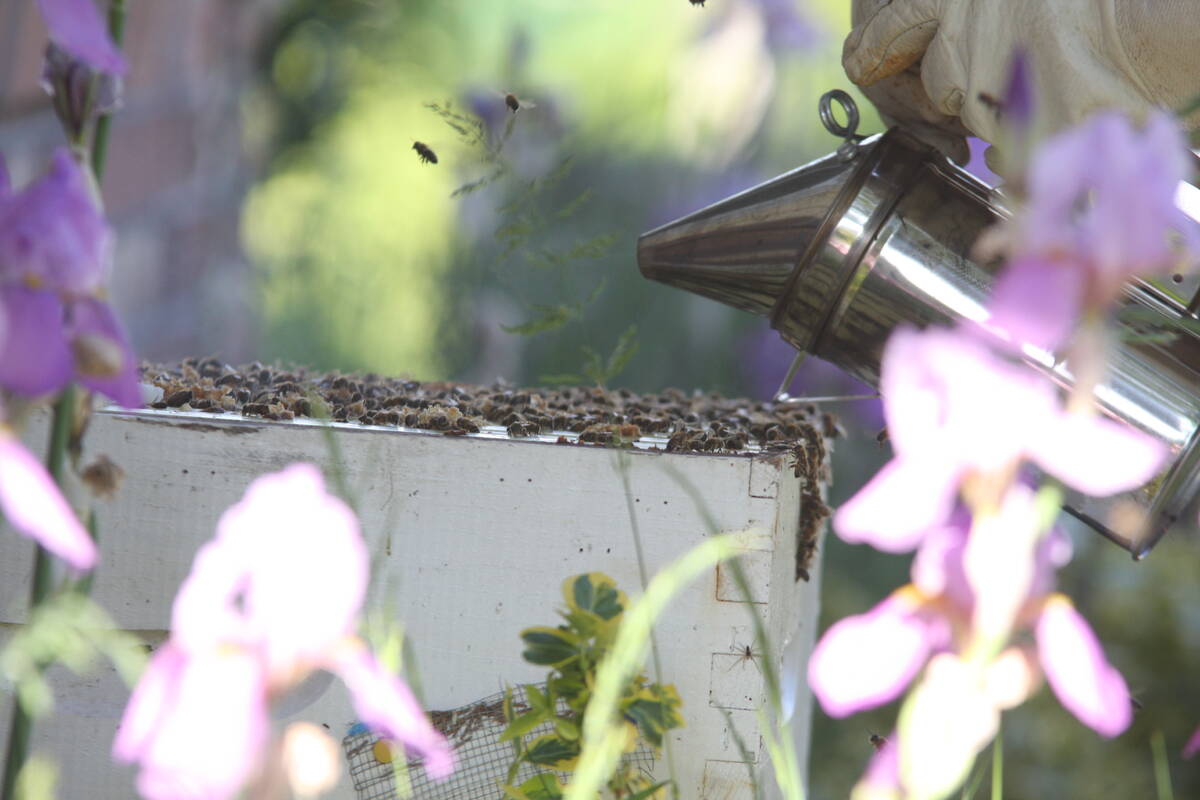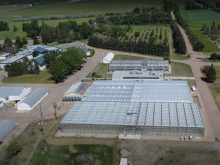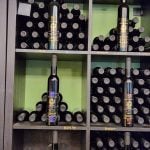Monsanto has put the brakes on its herbicide tolerant wheat project but other crop developers are hitting the gas.
Earlier this month, BASF Canada received approval from the Canadian Food Inspection Agency for its ALS2 gene, which will be used to develop new lines of Clearfield wheat.
This comes on the heels of Monsanto Canada shelving plans to commercialize its Roundup Ready wheat and withdrawing all regulatory submissions for that product.
Scott Chapman, Clearfield business manager for BASF Canada, said his company is going ahead with its herbicide tolerant wheat because it was developed through mutagenesis, not genetic modification.
Read Also

Manitoba beekeepers battle for survival
Honeybee colony losses have hit 43 per cent, making 2025 the latest in a string of poor bee survival years for Manitoba’s honey producers
“It doesn’t have the same marketing barriers that a GM product such as Roundup Ready wheat does.”
Consumers are more accepting of Clearfield wheat because of the way it was created, said Chapman.
“It’s like sped-up conventional breeding. You’re actually expanding a trait that was already existing in a plant.”
The company has already commercialized one line of Clearfield wheat based on another gene approved earlier by the agency.
Growers planted approximately 25,000 acres of CDC Imagine in 2004, representing 0.1 percent of Canada’s 25 million acre wheat crop. The new variety is used by farmers looking for control of grassy weeds like volunteer barley and durum.
Patty Rosher, senior program manager with the Canadian Wheat Board, doesn’t expect BASF’s new herbicide tolerant varieties will take the industry by storm because weed control has not been a big issue for wheat farmers.
“We wouldn’t anticipate this taking over a huge number of acres, but for some farmers it will be a nice fit.”
She agreed with Chapman that Clearfield varieties have not generated the negative market backlash that Roundup Ready wheat elicited.
“It doesn’t seem to be a concern for our customers. They seem to draw the line at transgenic being the one that causes them concern.”
The wheat board was one of several farm groups that lobbied Monsanto to shelve its Roundup Ready project. Rosher said it was a market acceptance issue, not a philosophical problem with genetic modification.
Some researchers argue there are crop breeding technologies far riskier than genetic modification that garner little consumer attention.
Swiss botanist Klaus Ammann told delegates attending the Bio-Science Week 2004 conference held in Saskatoon earlier this summer that gamma radiation, a process used to speed up the natural rate of plant mutation, is the real Frankenstein.
Rosher said there appears to be some degree of schizophrenia among consumers when it comes to their acceptance of different breeding technologies.
“There is some lack of rational and consistent debate on this issue.”
She is thankful Canada opted to go with a voluntary labelling system to regulate such products.
If the industry had chosen mandatory labelling for plants with novel traits, the CWB would have been forced to implement a costly segregation system for Clearfield wheat.















